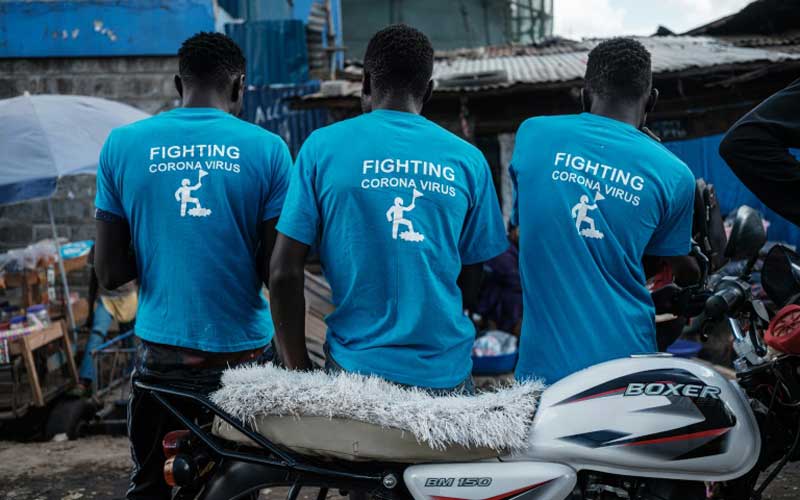×
The Standard e-Paper
Join Thousands Daily

Grassroots against coronavirus: A Kenyan group called Shining Hope for Communities promotes hand hygiene in the Nairobi slum of Kibera
African nations fighting the novel coronavirus face a foe as stealthy and dangerous as the microbe itself: misinformation and apathy, fuelled by deep distrust of government.